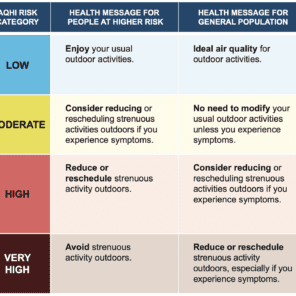Client: International Prevention Research Institute (IPRI)
Listing of the client in no way affirms the client's support, sponsorship, or validation in any form of Risk Sciences International or the RSI staff member(s) who conducted this project during their stay with RSI or prior to joining the company. This case study is displayed for informative purposes only to demonstrate the capacity of RSI staff members. This case study reveals no proprietary information or information deemed sensitive.
Systematic Review of Artificial Sweeteners and Health Risks
A comprehensive systematic review was undertaken to assess experimental evidence regarding the potential health risks associated with artificial sweeteners, specifically focusing on cancer and pre-term delivery. The client sought a rigorous analysis of both in vivo and in vitro experimental studies to better understand any biological associations or mechanisms that might underpin observed health outcomes.
To meet these objectives, a structured literature search was conducted across multiple scientific databases to identify relevant experimental and observational studies. Studies were screened and assessed for quality and relevance, with a particular focus on artificial sweeteners such as saccharin, cyclamates, aspartame, stevia, and others. Data extraction and synthesis were performed to evaluate carcinogenicity, genotoxicity, and reproductive toxicity, including gestation length.
The resulting analysis explored whether artificial sweeteners could be linked to increased cancer risk or early delivery across mammalian models and cellular systems. The review also examined mechanisms of action, such as DNA damage, cell proliferation, and other biochemical endpoints. Findings were contextualized within existing scientific committee evaluations to assess the implications for human health risk assessments.
This work, conducted on behalf of the International Prevention Research Institute, was commissioned to support the scientific evidence needs of The Coca-Cola Company in relation to the safety profile of low- and no-calorie sweeteners.
Experts related to this case study
More RSI Case Studies
RSI presents a very small selection of case studies to highlight some of its key work.





















